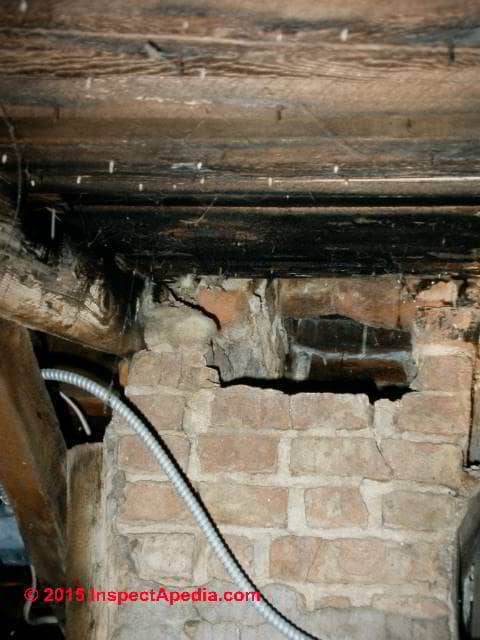Chimney Cleanout Door Leaking Water
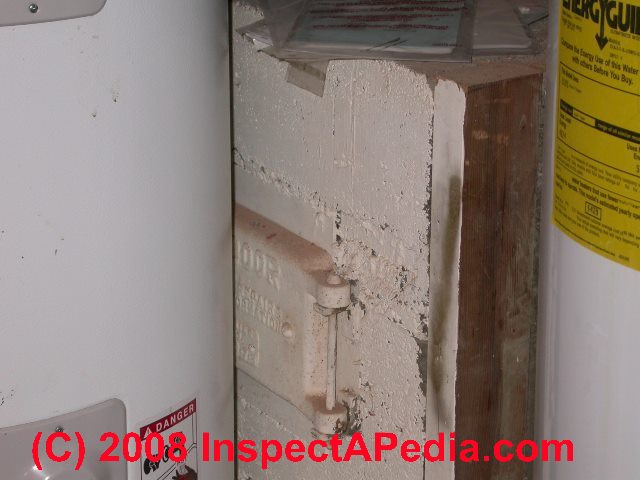
On 2018 08 05 by mod replacing the chimney cleanout door replacing the chimney cleanout door assuming it is on the inside of the building would not explain a water leak problem through the chimney into the building unless in the course of replacing the door someone pounded on masonry and cracked or broke the chimney walls.
Chimney cleanout door leaking water. This tells you if you should waterproof the chimney. Is your roof leaking. Use a plumber s putty or even play doh to build a dam on the floor around the cleanout door area. What this is the metal door that is usually in your furnace room.
It s always below the chimney but it s usually in your utility room in most homes you ll find a pipe coming across from your furnace hot water tank or boiler that ll come across and there s a hatch at the base. Jsotola feb 21 18 at 23 22. Do not use sealant to caulk shut the cleanout door of a chimney that is in active use as you ll need to be able to open the door later to inspect or clean the chimney base. Gas appliances output a lot of water vapor and if it s not venting properly it will condens.
Seal a leaky chimney cleanout door where the flues are in use. Could experiment if not afraid of a bit more water one person with hose one watching ashpit try running a hose for just long enough to pool a bit of water against the foundation of the chimney also along the sides of the chimney on the roof above the chimney but not against it then pouring vertically down on top of the rain cap if not open mesh which obviously would let water in might be able to replicate which of those areas the water is coming from. It has an angled top to shed water and it overhangs the brick to keep drips off the chimney sides. Before sealing a chimney cleanout door shut be sure that the door serves only the chimney or flue that is being abandoned.
To find out if your chimney leaks through the masonry surface have your sweep do a masonry absorption test mat this is a simple test where a special test tube is attached to the side of the chimney and you record the time it takes for water to be absorbed into the wall. That will narrow down the area where the water is coming in. Gap allows the clay flues to expand and contract from repeated heating and cooling without cracking or cracking the crown. Move the shelves out of the way and make the dam around a fairly large area.

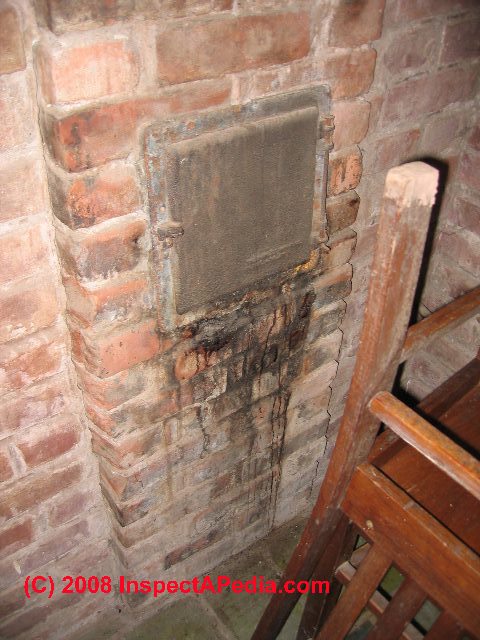


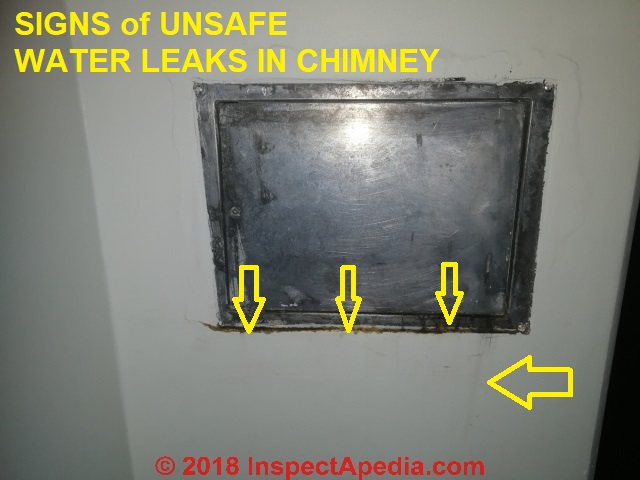
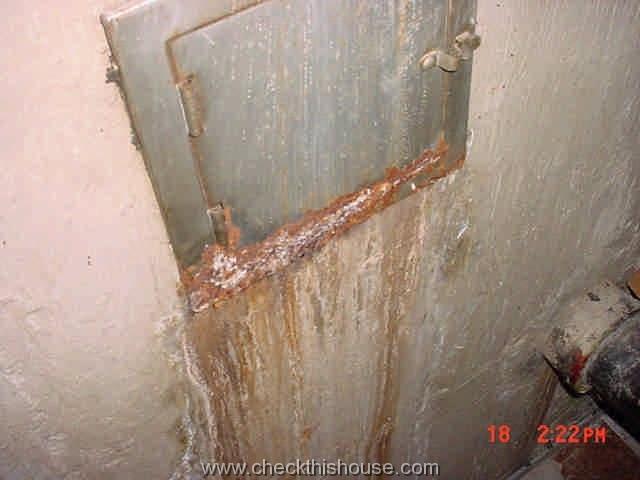

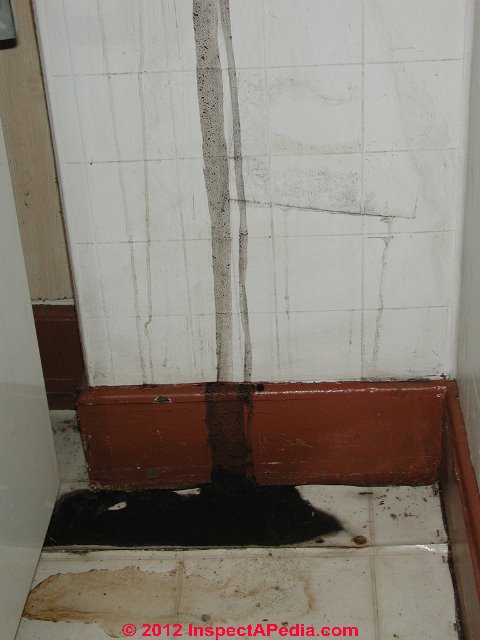




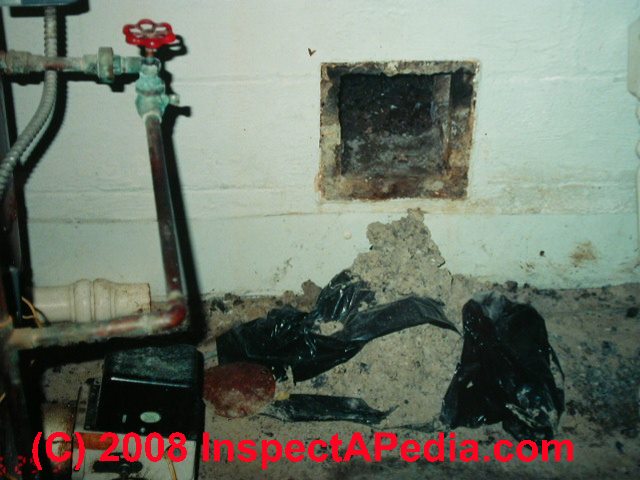

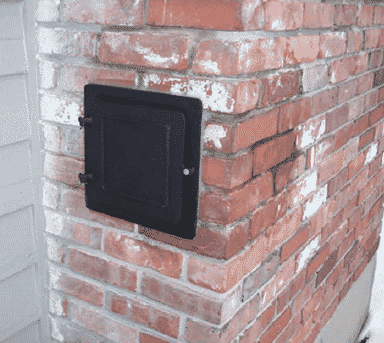





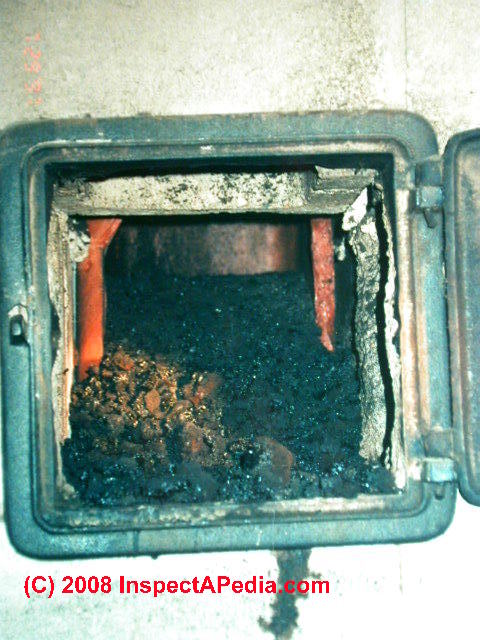
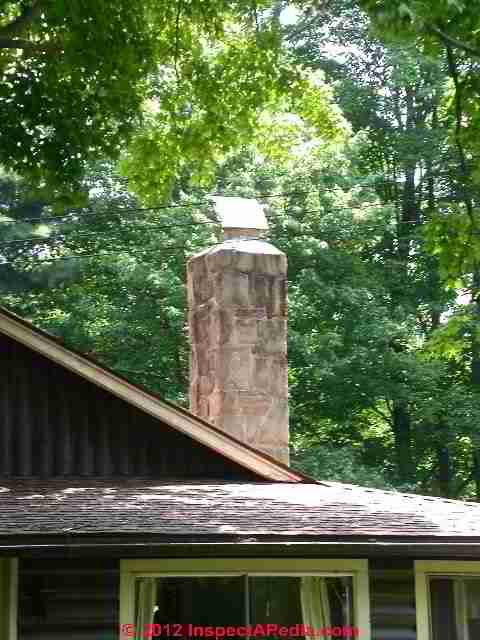




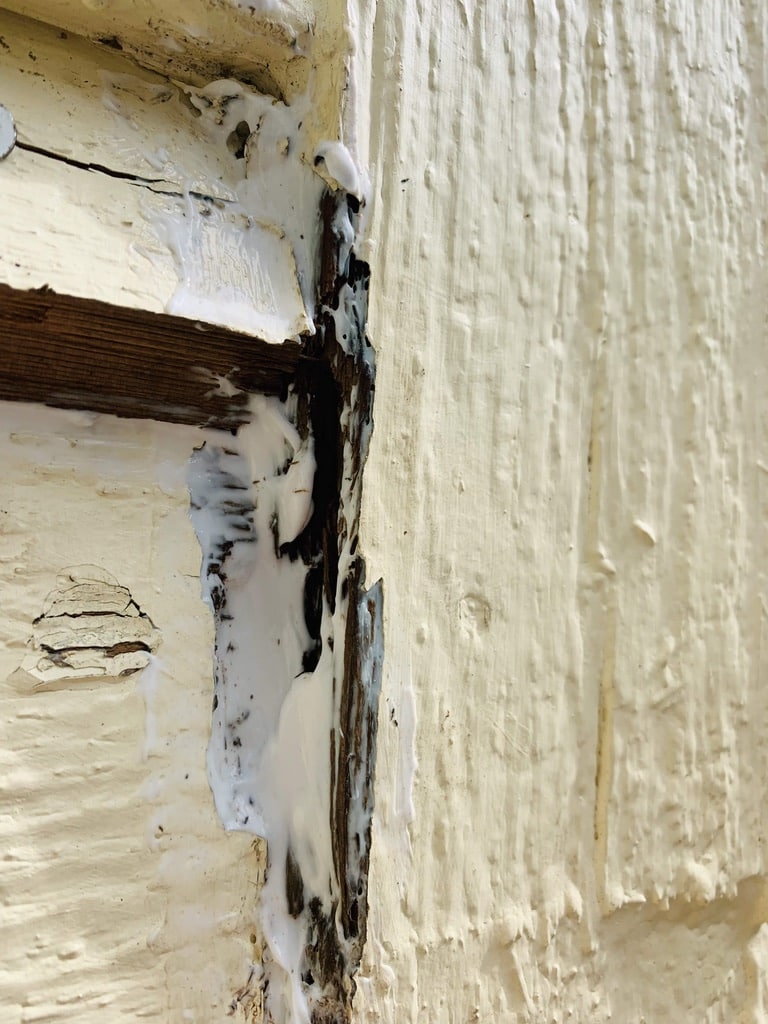



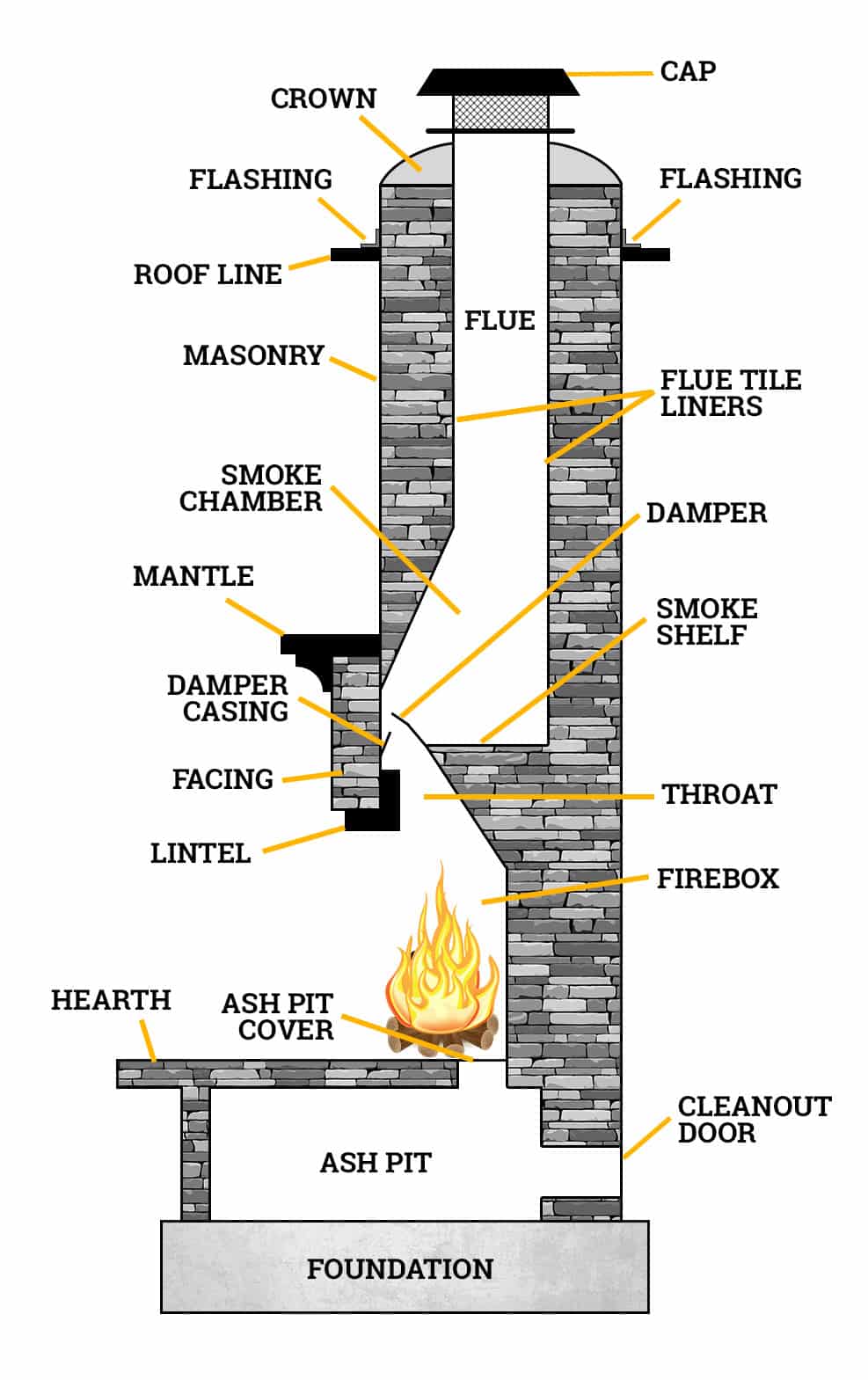
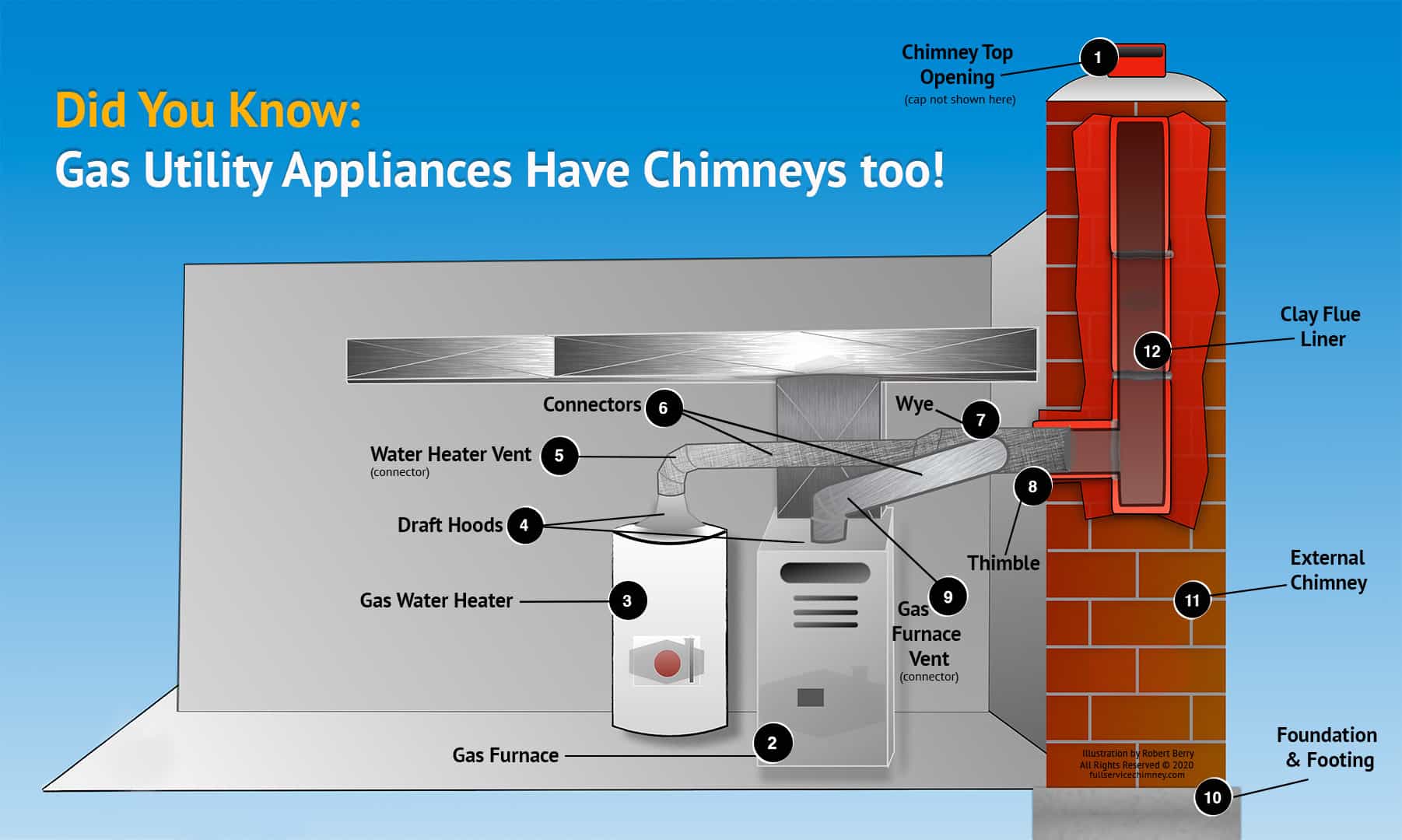

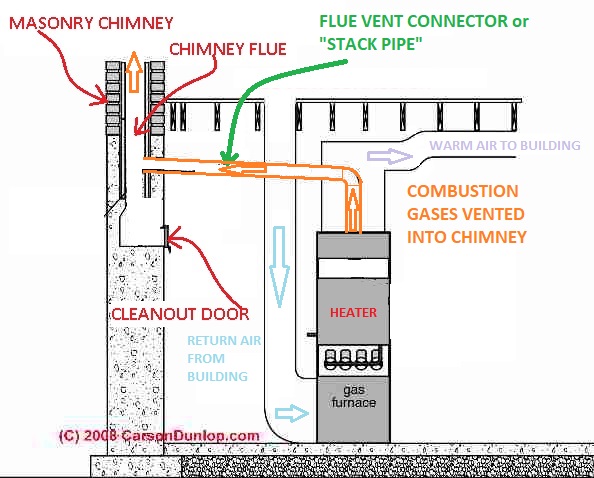


/cdn.vox-cdn.com/uploads/chorus_asset/file/19770213/iStock_498978845.jpg)



